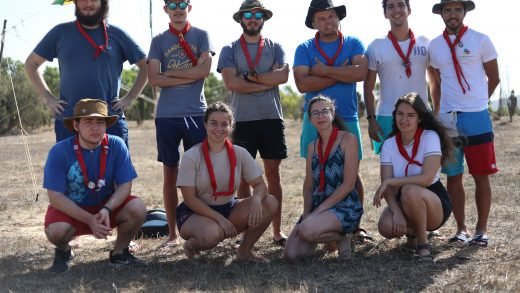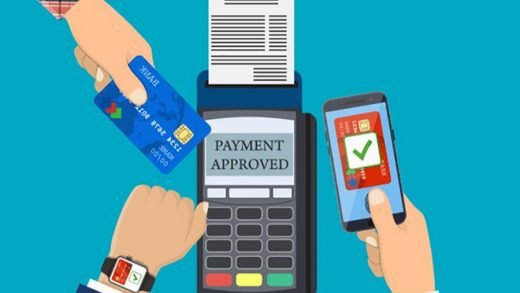From a young age, we were taught subjects such as systems of knowledge, history, geography, or even a poem written by Rużar Briffa. Yet, I was not taught how to pay bills, taxes and submit VAT returns. This is, unfortunately, a reality that is currently present within our educational system.
At the age of 16, young people start applying for part-time jobs in order to have money to cover some basic costs, yet they fill in FS3 and FS4 forms blindly without even knowing what the damn papers say. We are not taught what future costs we might incur or what potential career paths could bring in financially. Having this information at hand might even change what paths we take in the future. However, we all agree that money should not restrict our will to choose what we want on the basis that it brings in more money. But it’s good to make young people aware of things.
There is also the big need to explain how one can choose to be self-employed and be able to have a career independent of any employer out there. The ‘be your own boss’ mentality. Choosing a hobby that you love and turning it into a source of income. I also strongly believe in having multiple sources of income. You should not only rely on that part-time or full time that you have. Do you currently work and have ample time for something else? Brainstorm products or services that you can offer to a current pending problem present in the public. Or maybe there is a gap with an already existing product or service that you would want to address. This is the type of mentality that we should be instilling in our youngsters.
Let’s show youngsters what it would take to start something of their own. Let’s show them what options exist and then let them decide. Also, something which I really hate is the mentality to start saving up early. This is completely ridiculous and nonsense. We should be teaching things like how to re-invest money by either opening up your own business with the money that you make or even investing that some money in stocks, bonds, and funds. I am still a bit skeptical about cryptocurrency given its volatility, but let’s see how it goes. We should also be teaching things such as budgeting, money management, and debt. Debt, although in most cases seen as bad, aids a person in making that next step in their life.
*update* The government is already making efforts in explaining all of this on their own website. Also, there are other non-governmental initiatives that are currently in place. The Malta Business Bureau (MBB) in collaboration with the HSBC Malta Foundation have a joint mentoring programme called INVEST+ which aims at improving the level of financial literacy in Malta. People can apply via their website. This programme is available to anyone as there are no specific eligibility criteria. Moreover, the Central Bank of Malta welcomes educational visits within the building’s bank offered mainly to secondary and tertiary students throughout the year. This teaches students more about the bank itself and the safety of the Euro coins and notes. More information about this can be found on their website. Thanks to Justine Vassallo for suggesting these initiatives.
To conclude, the arguments above show the great need for a basic financial literacy course to be present at secondary schools. We are still in time to do something about it and I hope that several people can sympathize with this.
Here is my last blog.
Updated on 27/04/21





1 Response
[…] Previous The need for a basic financial literacy unit at secondary schools […]